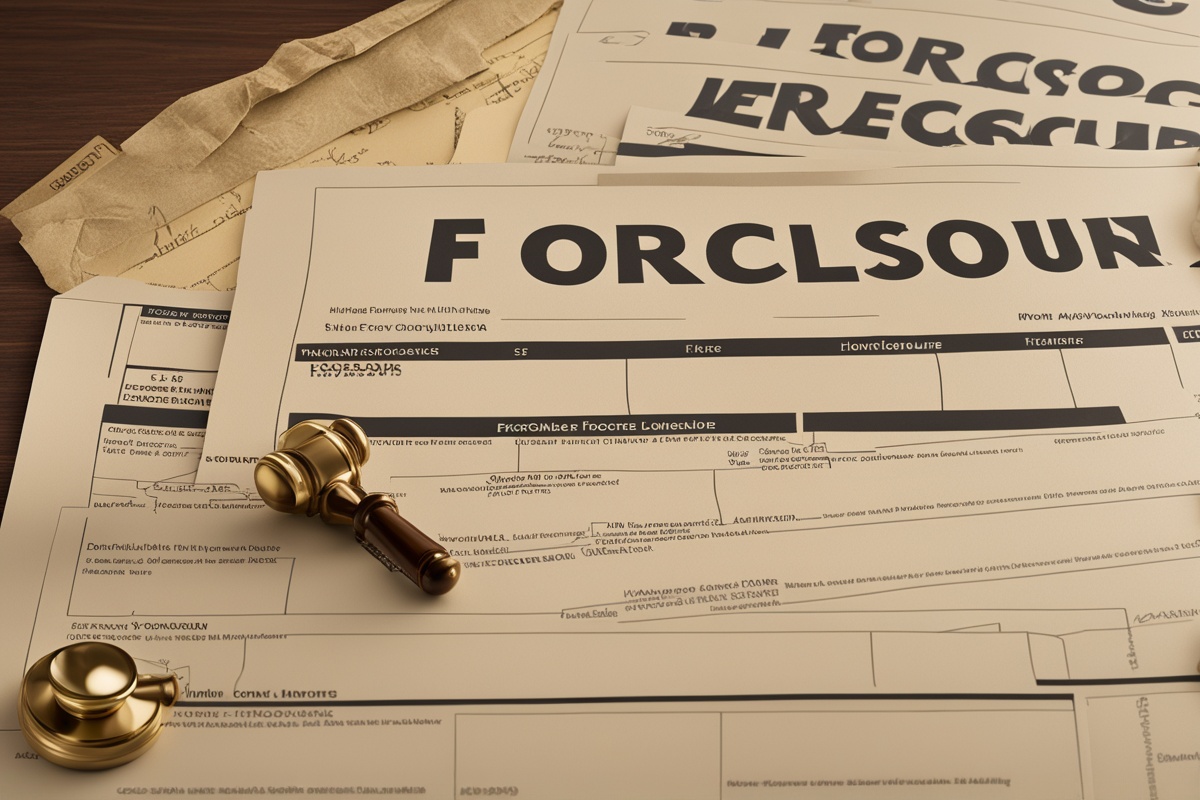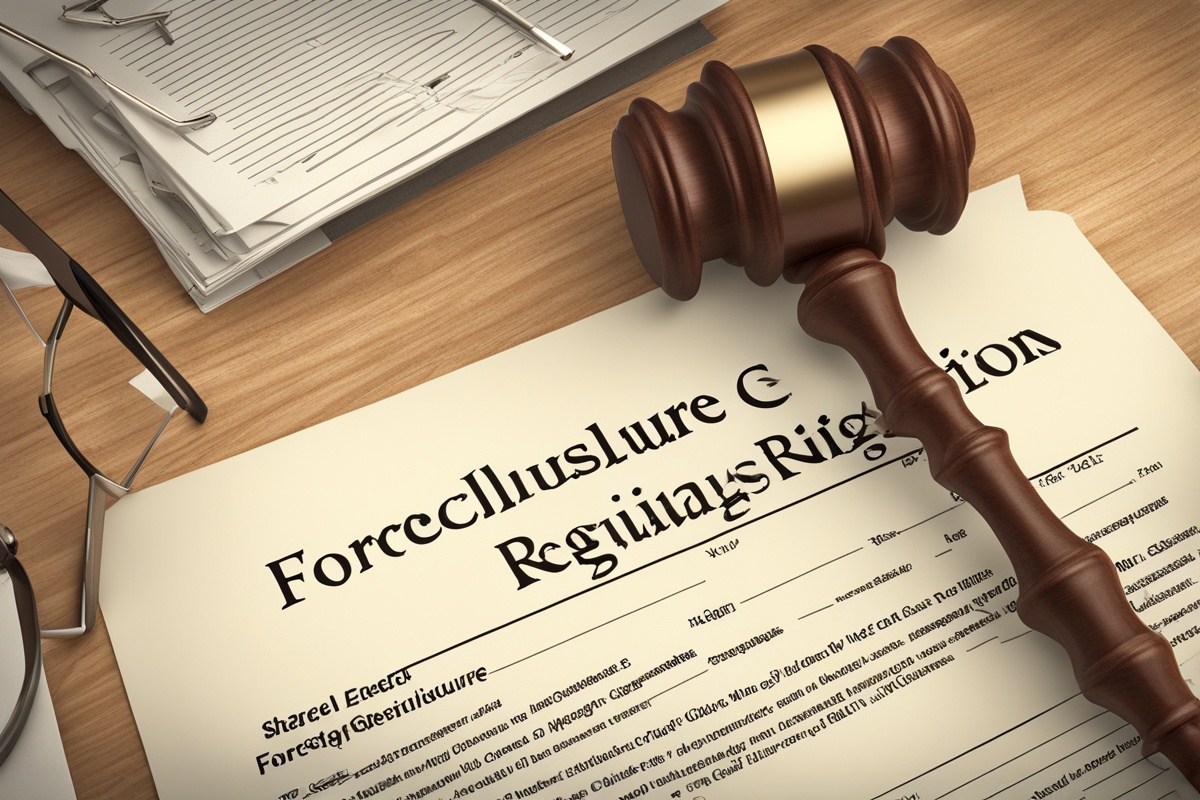Understanding the intricacies of employment regulations in Texas can be a daunting task for both employers and employees. Texas, with its unique blend of state-specific laws and federal compliance requirements, presents a complex landscape that requires careful navigation. This guide aims to provide clarity on Navigating Texas Employment Regulations, offering insights into key areas such as wage laws, workplace safety, discrimination policies, and more. Whether you’re a business owner or an employee, this post will help you stay compliant and informed.
Understanding Texas Wage and Hour Laws
One of the most critical aspects of Navigating Texas Employment Regulations is understanding wage and hour laws. Texas primarily follows the federal Fair Labor Standards Act (FLSA) for minimum wage and overtime requirements. As of 2023, the minimum wage in Texas is $7.25 per hour, aligning with the federal standard. However, certain cities like Austin and Dallas have pushed for higher local minimum wages, though state law often preempts such increases for private employers. Employers must also ensure overtime pay at 1.5 times the regular rate for hours worked beyond 40 in a workweek, unless employees are exempt under FLSA guidelines.
Additionally, Texas does not mandate paid breaks or meal periods for adult employees, unlike some other states. However, if breaks are provided, they must comply with federal standards for compensation. For employers, maintaining accurate payroll records is essential to avoid disputes and penalties. Employees should familiarize themselves with these rules to ensure they are being compensated fairly.
Navigating Workplace Safety Regulations in Texas
Workplace safety is another cornerstone of Navigating Texas Employment Regulations. While Texas does not have a state-specific Occupational Safety and Health Administration (OSHA) plan, it adheres to federal OSHA standards. Employers are required to provide a safe working environment, free from recognized hazards, and must comply with industry-specific safety regulations. This includes providing proper training, safety equipment, and reporting workplace injuries or fatalities within specified timeframes.
For businesses in industries like construction or manufacturing, compliance with safety standards is non-negotiable. Employees also have the right to report unsafe conditions without fear of retaliation. Understanding these federal and state obligations can prevent costly fines and ensure a safer workplace for everyone. For more information on safety compliance, check out our post on Workplace Safety Laws Overview.
Anti-Discrimination Laws and Protections in Texas
When it comes to Navigating Texas Employment Regulations, anti-discrimination laws are a critical area of focus. Texas follows federal laws such as Title VII of the Civil Rights Act, which prohibits discrimination based on race, color, religion, sex, and national origin. Additionally, the Texas Labor Code provides protections against discrimination and retaliation in the workplace. However, Texas does not explicitly protect against discrimination based on sexual orientation or gender identity at the state level, though some local ordinances in cities like Houston and San Antonio offer such protections.
Employers must implement policies to prevent harassment and discrimination, while employees should be aware of their rights to a fair and inclusive workplace. Training programs and clear reporting mechanisms are essential for fostering a compliant work environment. Learn more about federal protections in our article on Federal Discrimination Laws.
Texas Laws on Employee Leave and Benefits
Employee leave policies are another vital component of Navigating Texas Employment Regulations. Unlike some states, Texas does not mandate paid sick leave or vacation time for private employees. However, employers must comply with the federal Family and Medical Leave Act (FMLA) for eligible employees, which provides up to 12 weeks of unpaid leave for certain family or medical reasons. Additionally, Texas offers protections for military leave and jury duty, ensuring employees are not penalized for fulfilling civic duties.
Employers should clearly outline leave policies in employee handbooks to avoid misunderstandings. Employees, on the other hand, should understand their rights under both state and federal law to ensure they receive entitled benefits. For a deeper dive into leave policies, refer to our guide on Employee Leave Laws.
Termination and At-Will Employment in Texas
Texas operates under the doctrine of at-will employment, a key factor in Navigating Texas Employment Regulations. This means that employers can terminate employees for any reason, or no reason at all, as long as it does not violate federal or state anti-discrimination laws or contractual agreements. Similarly, employees can resign without notice unless bound by a contract. However, employers must provide final paychecks within specific timelines—within six days for involuntary terminations or by the next payday for voluntary resignations.
Understanding at-will employment is crucial for both parties to avoid wrongful termination claims or disputes over final compensation. Employers should document performance issues and termination reasons to protect against potential lawsuits. For more on termination laws, see our detailed post on Termination Laws Explained.
Compliance with Texas Unemployment and Workers’ Compensation Laws
Finally, Navigating Texas Employment Regulations requires a solid grasp of unemployment insurance and workers’ compensation laws. The Texas Workforce Commission (TWC) administers unemployment benefits, which provide temporary financial assistance to eligible workers who lose their jobs through no fault of their own. Employers are required to pay unemployment taxes and report wage information to the TWC.
Workers’ compensation, while not mandatory for all Texas employers, is highly encouraged to protect employees injured on the job. Employers who opt out must notify the TWC and their employees, but they risk lawsuits for workplace injuries. Understanding these systems is essential for compliance and employee well-being. For additional resources on workers’ compensation, explore our article on Workers’ Compensation Basics.
Disclaimer: The information provided in this post is for general informational purposes only and does not constitute legal advice. Laws and regulations are subject to change, and specific circumstances may vary. Readers are encouraged to consult with a qualified attorney or legal professional for advice tailored to their individual situations regarding Navigating Texas Employment Regulations. We are not responsible for any actions taken based on the information in this article.
References
- U.S. Department of Labor – Texas Minimum Wage and Tipped Employees
- Occupational Safety and Health Administration – State Plans
- U.S. Equal Employment Opportunity Commission – Laws & Guidance
- Texas Workforce Commission – Unemployment Benefits for Businesses
- Texas Department of Insurance – Workers’ Compensation for Employers
- Texas.gov – Business Resources
This content is for informational purposes only and not a substitute for professional advice.





